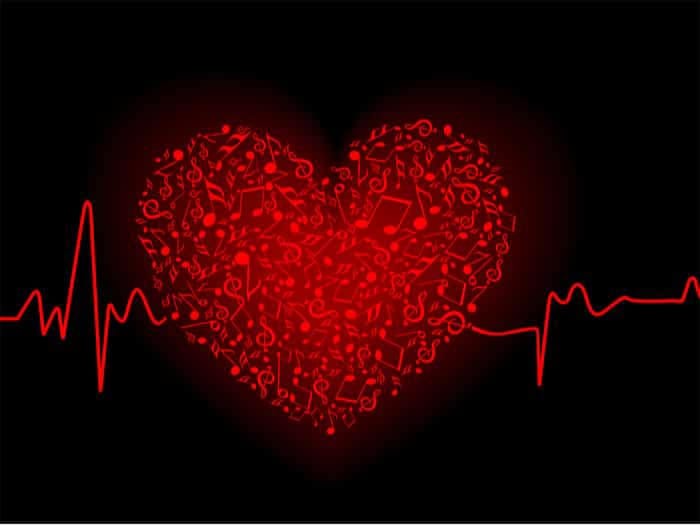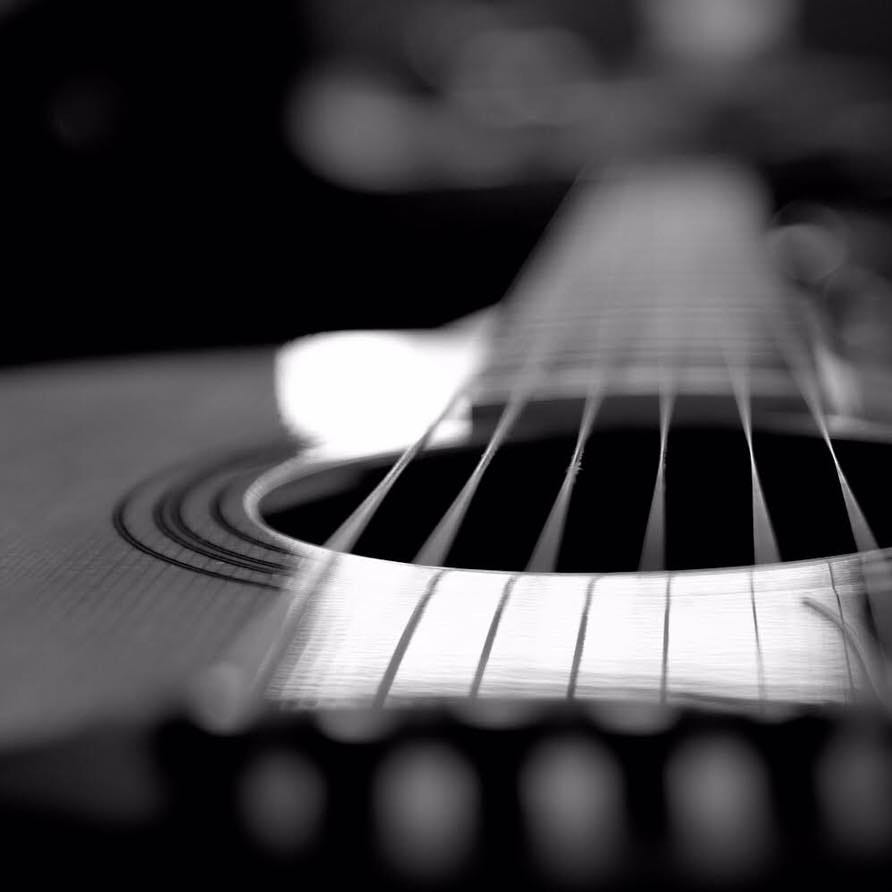Sometimes It’s Just So Simple
A clinical, evidence-based practice? Yes. A therapeutic process and relationship? Yes. But what is it really about…
Hi friend,
Thanks for reading! If you enjoy today’s post… please share.
Did you know that if you hit the heart at the top or the bottom of this email you will make my day and it will make it easier for others to find this publication. Thanks!
Part of my job as a music therapist is, and always will be, educating and advocating for what music therapy is. Here’s what I sometimes get walking around a hospital with a guitar on my back:
“It’s the music man!”
“It’s the guitar guy!”
“Are you playing music today?”
“Where’s the concert?”
“Are you a volunteer?”
“It’s so nice of you to do this?”
“It must be great to have a job that makes people happy?” (Ask the woman I visited with in the oncology unit recently, who was just told by her doctors that they are recommending discontinuing treatment and want her to consider hospice. We used music as a means of emotional support, reflection, and resolve. Ask her how ‘happy’ she is.)
“Free Bird!” Really. (Really? What is this, 1978?) (Yes, I can still play it.)
I use these moments to explain myself. To educate the masses. And generally, people then ‘get it’. I love when I see on their faces that it makes sense… that it really makes sense. Some will actually say that. And some ask me questions with a newfound interest. (And a little awe, which is cool.) I like to think that I just did my duty in informing the masses as to what the clinical practice of music therapy is.
What Is Music Therapy?
- “Music Therapy is the clinical and evidence-based use of music interventions to accomplish individualized goals within a therapeutic relationship by a credentialed professional who has completed an approved music therapy program.” American Music Therapy Association
- Music Therapy requires a board-certified music therapist who has been trained to use very specific individualized, live music interventions that are matching the clients’ or patients’ in-the-moment needs. (Although music therapists also use recorded music, however, the music is always purposeful.)
- Music Therapy is a clinical process. A music therapist is a clinician who uses music as a tool to help meet a need or a goal.
- Music Therapy always involves a therapeutic process in where both the music and the therapeutic relationship serve as healing components in treatment.
- Music Therapy involves active music making and active listening.
But sometimes it’s just so simple
It’s a story that I’ve seen many times… and it never gets old. Music helps and heals on another level.
She’s in her 80s and in the hospital for various issues. She’s also confused and agitated because of advanced dementia. “Maybe you can help calm her?” asked her nurse. When I walked in, her husband, looking forlorn, and a staff member were physically trying to keep her in the bed. He looked at me with apprehension when I suggested some music, but nodded “yes.” I started with some guitar – first including some tension and dissonance in the music (matching the music to where she was), and then gradually moving the music to more resolve and calming (using the music to help bring her where we want her to be). Then, I gradually worked my way into some structured songs.
At first, she continued in her agitated state. But soon she started to settle. And after a bit (as the music moved towards more resolve and calming), she laid her head back and closed her eyes. Her face looked ‘softer’ now, and he looked less forlorn. And when I started singing Can’t Help Falling in Love, without opening her eyes… she started singing along. He went to the bed and took her hand. Then he looked at me with a surprised smile as a few tears were forming in his eyes.
Music won’t fix everything. But music—a simple Elvis classic—gave them a moment. It gave them a moment of togetherness and comfort; a reprieve back to their true selves. A moment to connect on a level that may not have been there for a while, but deep down they still knew how to. When I was about to leave, he asked, “How did she remember the words?” I said, “Well, obviously that song means something to her.” I think he blushed. - That is music therapy.
Music therapy gives something more. Music therapy gives something aesthetic. Music therapy is about connection. Music therapy is about beauty. Music therapy is about humanity. Sometimes it’s just so simple.
The healing power of music…
(*The stories presented in this blog are based on accounts or experiences and are not actual accounts or experiences.)
Raymond Leone, MMT, MT-BC is a board-certified music therapist based in Northern Virginia and writes extensively about music and wellness.
Did you know that if you hit the heart at the top or the bottom of this email you will make my day and it will make it easier for others to find this publication. Thanks!






